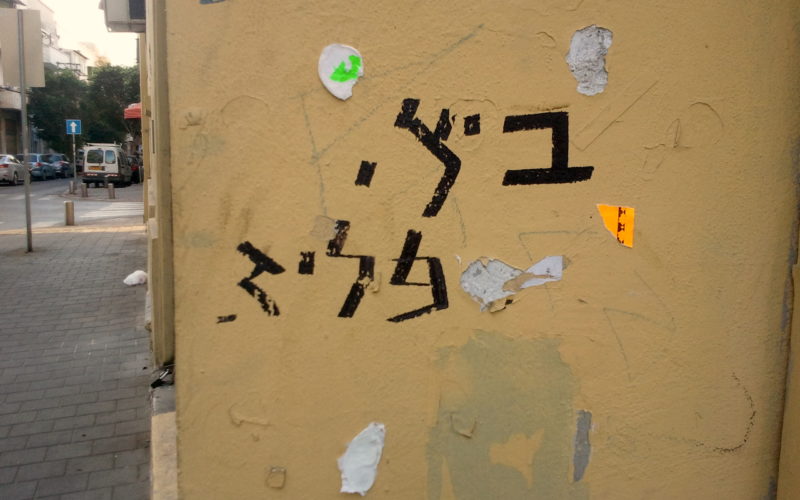If We’re Quarantined, Then Let’s Do It in Style
The Hebrew word בידוד, quarantine, will likely be the word of the year. So it’s only appropriate that Guy discuss its root, ב.ד.ד, and cover some of the Hebrew words derived from it, like isolation, insulation and solitude.
Read More









